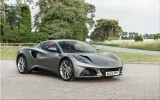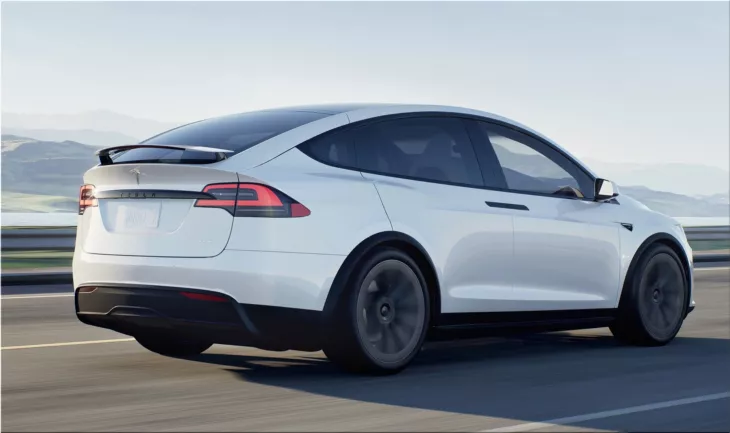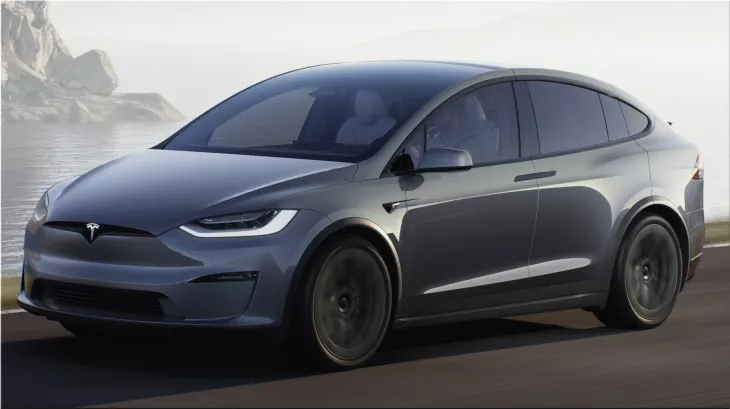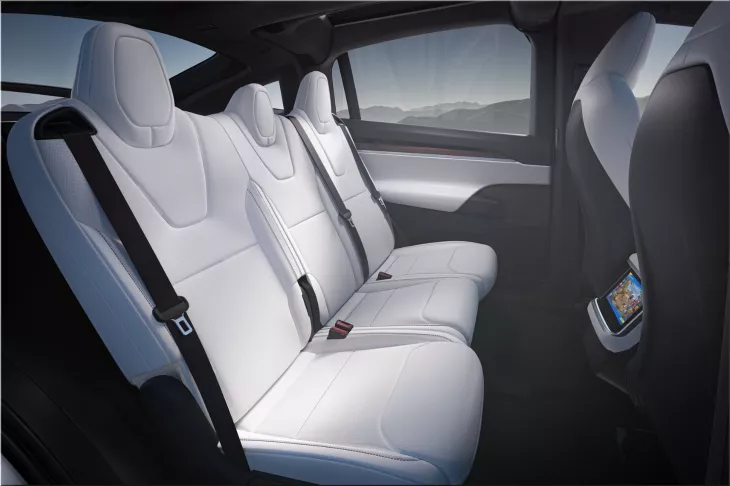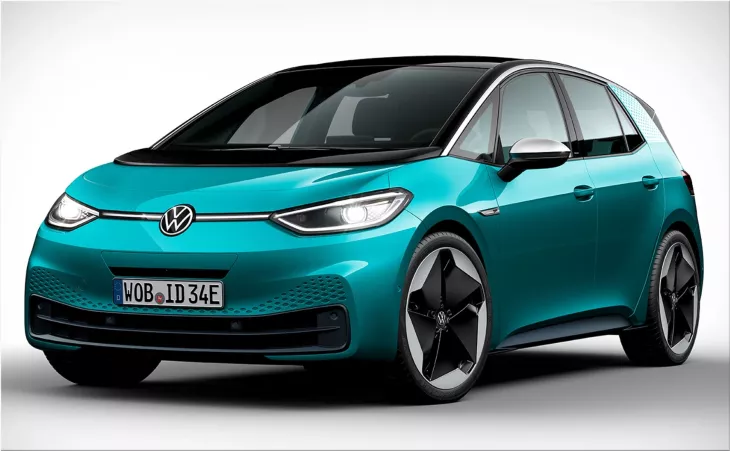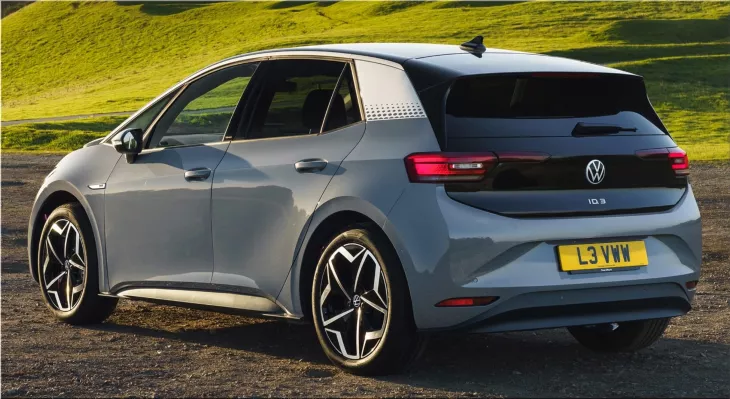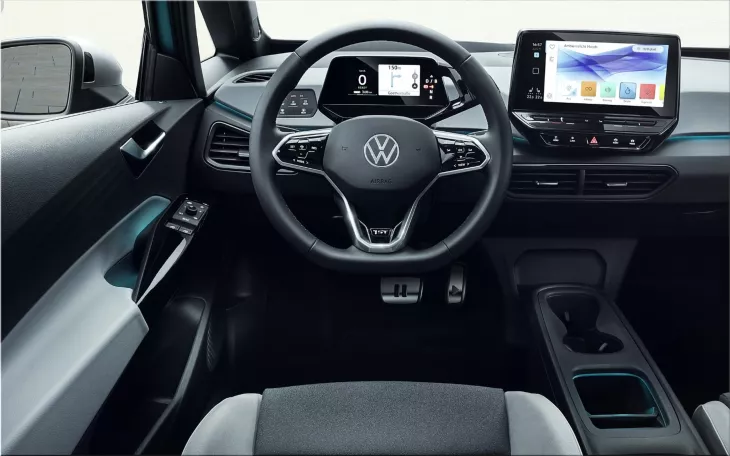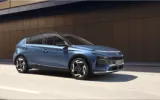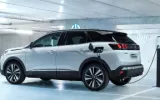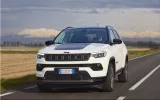The electric vehicle (EV) market is booming, with sales reaching new heights in 2023. According to the latest, more than 5.8 million EVs were sold worldwide in the first half of 2023, up 64% from the same period in 2022. Factors such as supportive policies, technological innovations, consumer preferences, and environmental awareness drive this impressive growth.
But which manufacturers are leading the charge in this dynamic and competitive market? We will take a look at the top three electric car makers in the world in 2023: Tesla, BYD, and Volkswagen. We will analyze their sales performance, market share, product portfolio, and future prospects.
Tesla: The EV Pioneer
Tesla is the pioneer and leader of the EV industry, with a vision to accelerate the transition to sustainable energy. The Tesla company was founded in 2003 by engineers who wanted to demonstrate that electric cars could be more useful than gasoline-powered cars. Since then, Tesla has revolutionized the automotive sector with its innovative products, such as the Model S sedan, the Model X SUV, the Tesla Model 3 compact car, the Model Y crossover, and the Tesla Cybertruck pickup.
Tesla's sales have been growing steadily over the years, reaching a record of 1.1 million units in 2023. This represents a 45% increase from 2022 and a 12% share of the global EV market. Tesla's main markets are China, the United States, and Europe, where it faces increasing competition from local rivals.
Tesla's competitive advantages include its strong brand recognition, loyal customer base, cutting-edge technology, vertical integration, and global presence. The company is also expanding its product lineup with new models, such as the Roadster sports car, the Semi truck, and the Model 2 compact car. Tesla is also investing heavily in battery development, charging infrastructure, autonomous driving, and solar energy.
Tesla's challenges include high production costs, quality issues, regulatory hurdles, supply chain disruptions, and legal disputes. The company is also facing growing pressure from other EV makers who are catching up with its technology and scale. Tesla's profitability and cash flow are also volatile and depend on various factors, such as demand fluctuations, tax credits, subsidies, and stock-based compensation.
BYD: The Chinese Giant
BYD is a Chinese company that specializes in battery technology and electric vehicles. The company was founded in 1995 as a manufacturer of rechargeable batteries for mobile phones and laptops. In 2003, BYD entered the automotive sector by acquiring a state-owned carmaker. Since then, BYD has become one of the largest and most diversified EV makers in China and the world.
BYD's sales have been surging in recent years, reaching 800 thousand units in 2023. This represents a 92% increase from 2022 and a 9% share of the global EV market. BYD's main market is China, which dominates both passenger and commercial vehicle segments. BYD also exports its products to countries like Norway, Japan, South Korea, and Brazil.
BYD's competitive advantages include its expertise in battery technology, wide product range, low-cost strategy, strong government support, and large domestic market. The company offers various types of EVs, such as hybrids (HEVs), plug-in hybrids (PHEVs), battery electric vehicles (BEVs), and fuel cell vehicles (FCEVs). BYD also produces buses, trucks, vans, and taxis that run on electricity or hydrogen.
BYD's challenges include:
- Its reliance on the Chinese market.
- Lower brand awareness outside China.
- Quality perception.
- Intellectual property protection.
- Environmental impact.
The company also faces fierce competition from other Chinese EV makers, such as NIO, Xpeng, Li Auto, and Geely. BYD's profitability and cash flow are also affected by currency fluctuations, raw material prices, subsidy policies, and tax incentives.
Volkswagen: The German Challenger
Volkswagen is a German company that is one of the world's largest and most established automakers. The company was founded in 1937 as a state-owned enterprise to produce affordable cars for the masses. Volkswagen owns several brands today, such as Audi, Porsche, Skoda, Seat, Lamborghini, and Bentley. Volkswagen has been pursuing an ambitious strategy to become a global leader in electric mobility since 2015, when it was hit by a massive scandal involving diesel emissions cheating.
Volkswagen's sales have been soaring in recent years, reaching 700 thousand units in 2023. This represents a 127% increase from 2022 and an 8% share of the global EV market. Volkswagen's main market is Europe, where it benefits from strong consumer demand, favorable regulations, and generous incentives. Volkswagen also has a significant presence in China, the United States, and other regions.
Volkswagen's competitive advantages include its strong brand reputation, loyal customer base, technological innovation, economies of scale, and global footprint. The company has launched several successful EV models, such as the Volkswagen ID.3 hatchback, the ID.4 SUV, and the e-Golf compact car. Volkswagen is also investing heavily in battery production, charging infrastructure, software development, and digital services.
Volkswagen's challenges include its high transition costs, legacy issues, operational complexity, labor relations, and legal risks. The company also faces intense competition from other established automakers who are accelerating their EV plans, such as Toyota, Hyundai, General Motors, and Ford. Market conditions, exchange rates, interest rates, and regulatory changes influence Volkswagen's profitability and cash flow.
Conclusion
The EV market is growing rapidly and becoming more diverse and competitive. Tesla, BYD, and Volkswagen are the top three EV makers in the world in 2023, with different strengths, weaknesses, opportunities, and threats. They are also facing various challenges and uncertainties in the evolving industry landscape. The future of EVs will depend on many factors, such as consumer preferences, technological breakthroughs, policy support, environmental awareness, and market dynamics.




